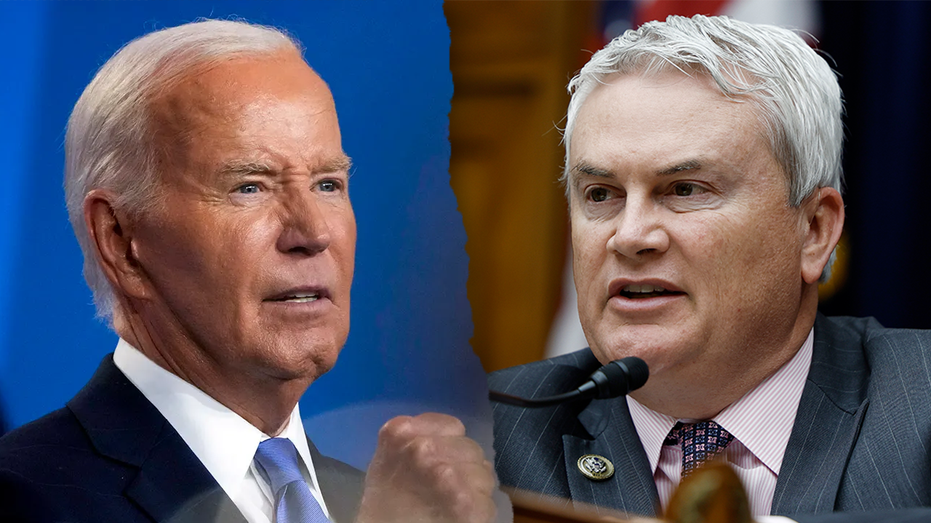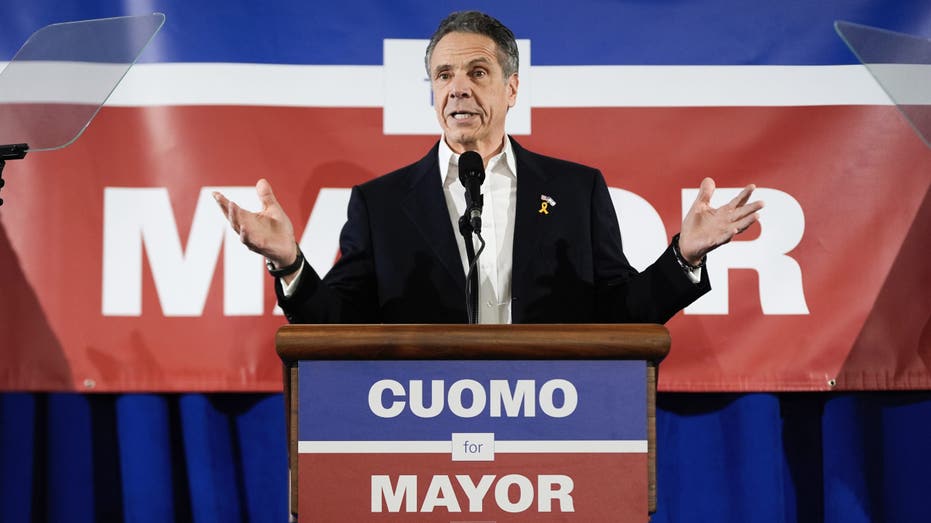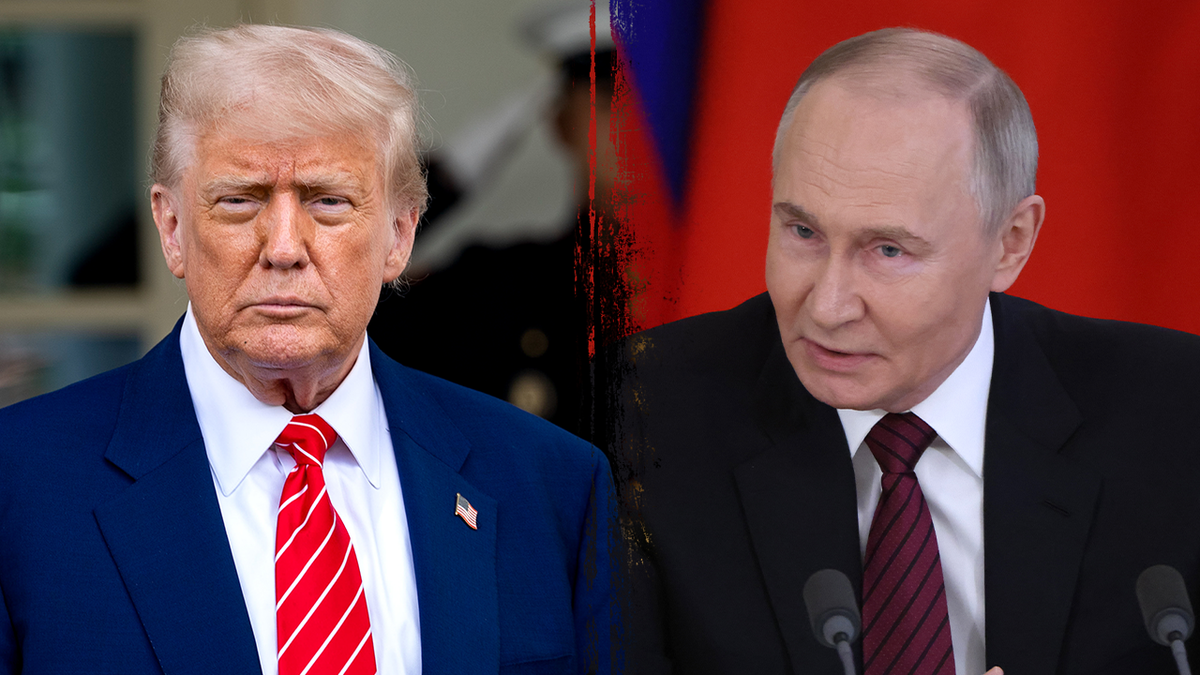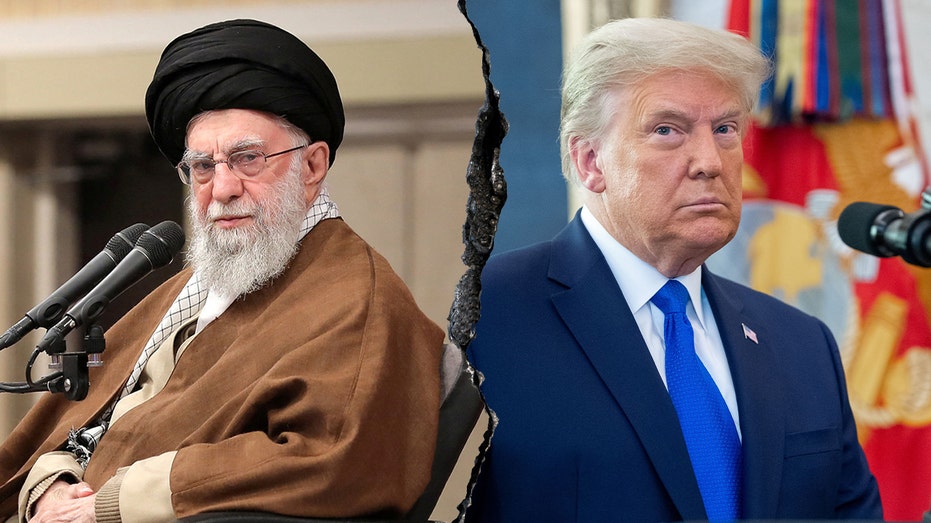DHS Honors Marine Killed by Mexican Cartel in Moving Tribute, Highlights Trump's Anti-Terrorism Crackdown
DHS honors Marine veteran Nicholas Quets in new video amid crackdown on drug cartels
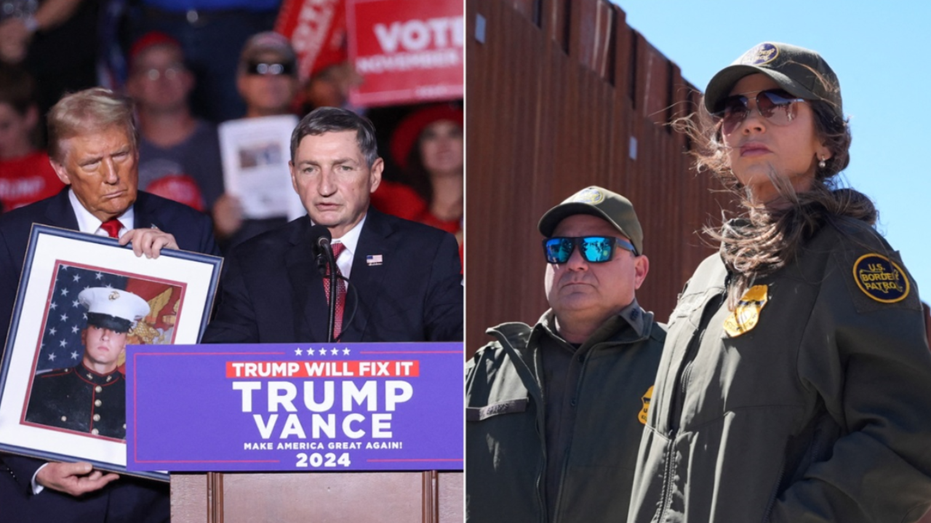
The Department of Homeland Security (DHS) has released a video commemorating the life of Marine Corps veteran Nicholas Quets, who was killed by members of the Sinaloa Cartel during a trip to Mexico in October 2024. The video, which features interviews with Quets' parents, Warren D. Quotes Jr. and Patricia Quets, underscores the Biden administration’s recent efforts to address cartel violence by designating drug cartels as foreign terrorist organizations.
Nicholas Quets, 31, was reportedly traveling to Rocky Point, Mexico, with friends when he was stopped at a cartel checkpoint. According to authorities, Sinaloa Cartel members attempted to steal his pickup truck before fatally shooting him through the heart. The tragedy has highlighted ongoing concerns about the safety of American travelers in Mexico and the escalating violence perpetrated by organized crime groups operating near the border.
In the DHS video, Quets’ father recounts how he felt “validated and vindicated” after former President Donald Trump reached out to personally discuss his son’s death, noting the absence of communication from President Biden or Vice President Kamala Harris. “Designating all those organizations as foreign terrorist organizations, it makes things safer for us and puts them on the defensive," he said. "We want to send a message that targeting Americans anywhere has legal consequences."
Quets’ mother also expressed gratitude, stating, “I want to thank everybody for putting this together and giving us a voice.” Their comments were part of a broader DHS initiative aimed at highlighting the need for stronger measures against transnational criminal organizations.
In a press release, DHS emphasized steps taken to "dismantle drug cartels," including President Trump’s executive order on his first day in office that designated drug cartels as foreign terrorist organizations. This move allows law enforcement agencies enhanced authority to target not just drug trafficking, but also related crimes such as human trafficking within the United States.
Further actions coincided with what would have been Quets’ 32nd birthday, when the Treasury Department imposed sanctions on six individuals and seven organizations accused of supporting the Sinaloa Cartel's money-laundering operations. These measures are intended to disrupt the financial networks that enable cartels to operate across borders.
Assistant DHS Secretary Tricia McLaughlin commented, "Nicholas Quets was a patriot who served our country honorably and was killed by these cartel cowards who shot him in the back. President Trump and Secretary Noem are honoring his memory by dismantling the Sinaloa cartel and other drug cartels that profit from trafficking, violence, and lawlessness."
The crackdown on organized crime has also led to major indictments, with Sinaloa Cartel leaders being charged with narco-terrorism following the seizure of 1.65 tons of fentanyl. The administration argues these steps demonstrate a commitment to restoring safety along the U.S.-Mexico border and holding violent criminal organizations accountable.
Reflecting on the aftermath of his son's death, Quets’ father remarked in a recent interview, “America got a little bit weaker. My family was destroyed, but America got a little bit weaker. Mexico got a little bit weaker. Those cartels got a little bit stronger. And the only way to reverse that is to go after these people.”
The video and accompanying policy measures have ignited renewed debate over border security and the classification of drug cartels as terrorist organizations, an approach supporters claim is necessary to curb violence and protect American citizens both at home and abroad.

